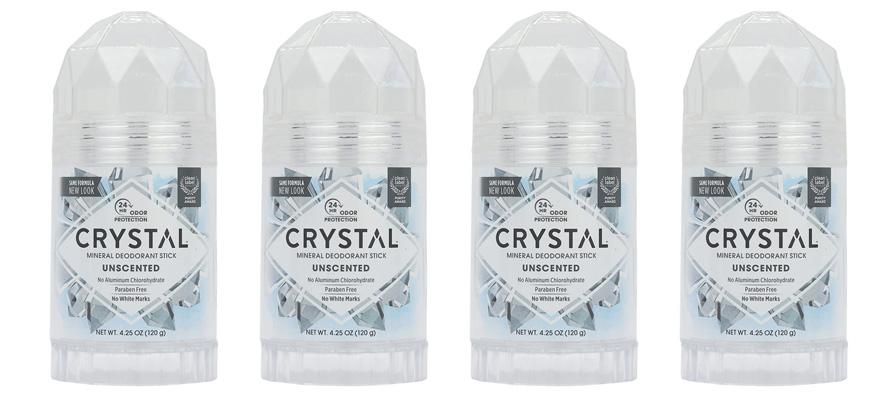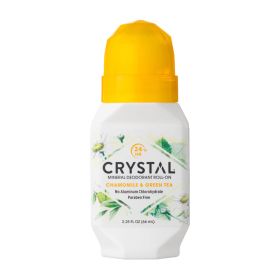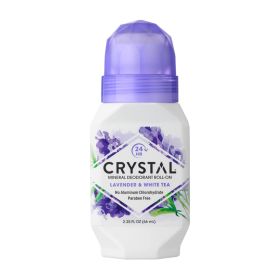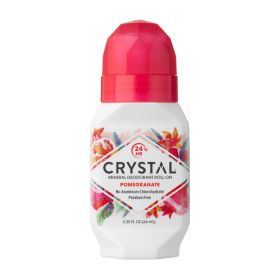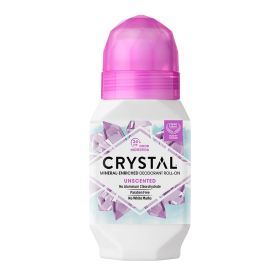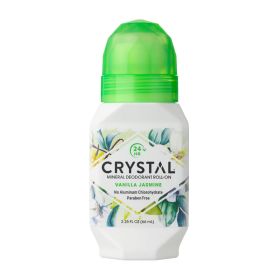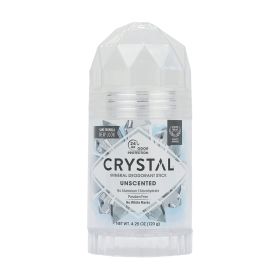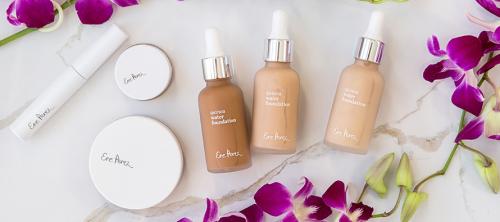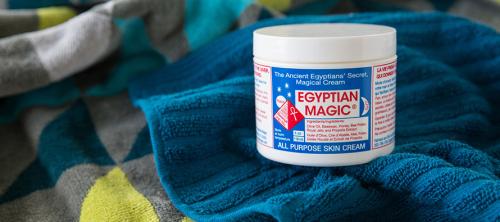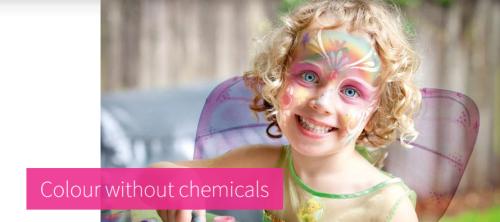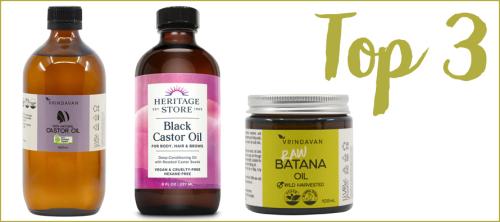Potassium Alum, Ammonium Alum vs Aluminum Chloride / Chlorohydrate
In the natural deodorant industry in Australia and around the world, the biggest thing that separates an antiperspirant from a natural deodorant is the inclusion or exclusion of Aluminium. There is some misinformation and confusion online and in the minds of the public about mineral salts and names that 'sound' like they might be aluminium, but they're not. In this blog post, we're going to explain what mineral salts are, how they are named, and how they differ from aluminium salts.
Mineral salts in deodorant - potassium alum and ammonium alum
One of the largest brands of natural deodorant in the USA is Crystal. It has been a staple in our store for over a decade now. It has always been made with Potassium Alum as its only ingredient. Recently, the brand went through some branding changes and at the same time, some of the ingredients on the label changed, but the product didn't change. Potassium Alum became Ammonium Alum. Why?
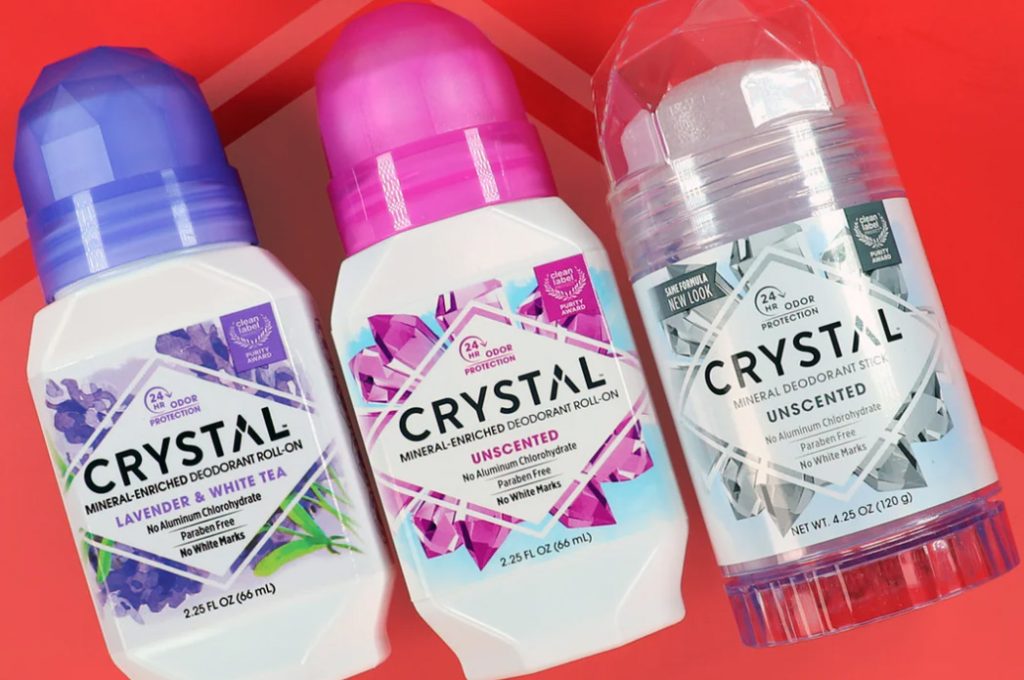
This is a quote directly from the Crystal website in the USA.
Has CRYSTAL deodorant recently changed formulas?
We can assure you that the formula has not changed. We recently updated the ingredient listing to be compliant with international labeling standards. The ingredients that appear to have changed have just been termed correctly to comply with these standards for use in a water-based system. The formula is the exact same formula you know and love!
Thecrystal.com website
Potassium Alum on the labels now say Ammonium Alum. They are both alum mineral salts that do exactly the same thing in a deodorant. Many ingredients in natural beauty have more than one name. Here's 6 I found very quickly. There are thousands of others.
- Tocopherol = Vitamin E
- Aqua = Water
- Simmondsia Chinensis Seed Oil = Jojoba Oil
- Helianthus Annuus Seed Oil = Sunflower Oil
- Citrus Paradisi = Grapefruit
- Microcitrus Australasica = Caviar Lime
It's also worthwhile pointing out that the term Hydrogen Peroxide is a liquid that has the capacity to bleach your hair, remove pit stains from clothes, clean your dishes, used to make mouthwash and it's also an ingredient commonly used in natural mould cleaner. On the other hand Hydrogen Dioxide is the chemical name for water.
How do mineral salts like potassium alum work differently to the aluminium found in mainstream antiperspirants?
According to the Crystal website, mineral salts (potassium and ammonium alum) are large molecules of naturally occuring minerals that sit on the surface of your skin that prevent body odour from occuring. Salts have the capacity to inhibit bacteria growth under your pits and it's the bacteria that smells.
The aluminium chloride / chlorohydrate used in antiperspirants are in the formulas to stop you from sweating. They react with the skin to form a gel which blocks the ducts and glands that you sweat from. No sweat, no bacteria, no smell - but you have blocked pores.
So, what are aluminium salts?
For this explanation, we're going to refer to the website from one of the largest antiperspirant makers on the planet, Unilever. They make Rexona, Axe & Dove. They have their foot in the natural space too, as they own Schmidt's deodorant, which is natural.
Aluminium salts are usually called aluminium chloride or aluminium chlorohydrate in an antiperspirant. It's interesting to read the wording on the Unilever site and talking about the safety and how aluminium is a common element on Earth. There are plenty of common elements on Earth that aren't great for our health. Lead is a common element. So is arsenic.
Without getting in to the 'should you use aluminium based antiperspirants or not' (it's a personal choice), what happens is you apply the product to your pits, the aluminium salts dissolve in the moisture under your pits and then it forms a gel. This gel temporarily plugs your sweat glands.
When reading about whether aluminium contributes to Alzheimer’s, all the sites that use it an ingredient talk about how it's safe. This article on PUBMED suggests potentially otherwise. It opens with the following statement:-
Aluminum, as a known neurotoxicant, contributes to cognitive dysfunction and may contribute to Alzheimer's disease. The important reason is that aluminum can enter and be deposited in the brain.
Entry and Deposit of Aluminium in the Brain - PUBMED
Quotes on the Unilever site from the Alzheimer's Association USA say studies fail to confirm a link and today, scientists are focusing on other areas of research.
All this aside, it's a known skin irritant for many, which is enough of a reason for many to stop using it.
As far as the sweating / detox reason, Unilever also go on to say that 95% of toxins in the body are expelled from the kidneys and liver and only 1% of the body's sweat is produced in the armpits. Whether you choose to block the pores or not, you now have a better understanding of the difference between the mineral alum salts used in natural products vs the aluminium salts used in an antiperspirant.
For the record, aluminium salts are banned in our store. Mineral salts are not.
